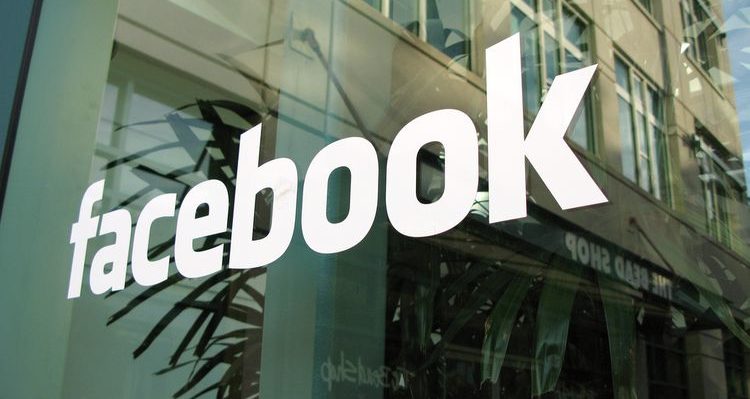
Photo Credit: Google Images
Facebook’s two-year ban of former President Donald Trump on its platform continues to generate controversy – and not for the reasons you might think. Sure, the Republicans and conservatives are outraged that the social media giant has the ability to silence the former leader of the free world. But it’s also the Democrats and liberals who are giving Facebook a hard time these days – they say that Facebook didn’t go far enough in its punishment of Trump, and that they should have given him a non-negotiable, lifetime ban. On top of all that, other social media platforms are now looking for ways to ban Trump, so the optics are extremely bad for Facebook: it looks like the social media giant is cheerleading the movement to silence Trump.
Facebook reviews its controversial ban
Faced with all this controversy, Facebook has been forced to account for its actions in the public sphere. In May, the company turned to its Oversight Board, asking it to review its actions. The Oversight Board upheld Trump’s suspension, but suggested that the process was both “standardless” and “indeterminate.” In other words, when Facebook originally banned Trump back in January, it was completely capricious and random – at the time, a two-year ban sounded just about right (not too light, not too heavy), but there was absolutely no justification for the company’s actions, and absolutely no policies in place to guide Facebook in the future.
And so, at the beginning of June, Facebook’s VP of Global Affairs for Facebook (Nick Clegg) penned a long blog post explaining the company’s decision to ban Trump, while also explaining that the company suddenly had all the proper policies in place in case other public officials started to act up. Facebook now has a whole system for sentencing political offenders. The most severe violation now warrants a two-year suspension, while less severe violations can draw anywhere from a 1-month to a 1-year penalty. It’s still up to Facebook to decide what constitutes “a risk to public safety,” however, giving the company plenty of room to explain away any of its future decisions. Moreover, Facebook has given itself the right to re-evaluate any ban after it ends, potentially paving the way for a series of rolling two-year bans for anyone it doesn’t like.
Why this was a major decision
And that’s where all the problems really start. Simply put, it’s up to Facebook to decide who stays on the platforms, and who leaves. If Facebook agrees with your political stance, it will leave you alone. But if you dare to challenge the conventional narrative, then you’re outta there. You can see how this works – Facebook says Trump is a threat to public safety for his support of the January 6 “insurrection” (a loaded word if ever there was one), while all the BLM supporters who called for riots in the nation’s largest cities last summer were just having a little peaceful protest (don’t pay attention to the fires or the looting!).
Moreover, Facebook conveniently ignores the fact that it is is increasingly becoming an extension of the government. If the government wants you to support a certain policy, then it expects Facebook to support it also. And it continues to give Facebook broad latitude in taking steps – such as censorship and de-platforming – that would have been unthinkable in the pre-Trump era, simply because it is much easier for a company to do these things than for the government to do so. So there is a lot of risk here – as long as Facebook can claim that it has a policy in place, then it can continue to do whatever it wants.
Looking ahead to 2022 and 2024
And, if you tend to take a conspiratorial view of world events, then the two-year ban of Trump is significant for yet another reason – it effectively removes Trump from the national political discussion ahead of the 2022 midterm elections. Even if Trump launches on another social media platform this year, it’s still unclear how much real influence he is going to have on social media going forward. And, since Facebook has given itself the right to re-evaluate the need for rolling two-year bans, there is every reason to expect that Facebook will uphold the ban if there is any risk that Trump could plan to run for the presidency in 2024.
What Facebook might not have taken into consideration, however, is just how important public figures like Trump are to the platform. They are cash cows, generating huge advertising spending for their campaigns. At the same time, they are huge for engagement and participation. Trump made millions for Facebook with all the engagement last time around, so will Facebook really be willing to kick him off the platform in 2024? Doing so would leave a lot of money on the table, and that’s something that a capitalist-run company – no matter how beholden it might be to the government – might not be able to overlook.